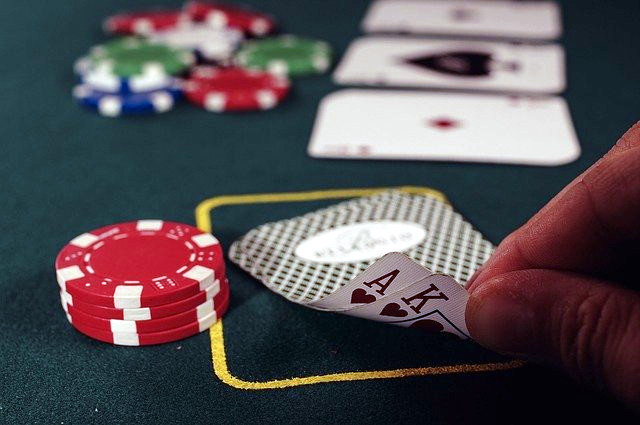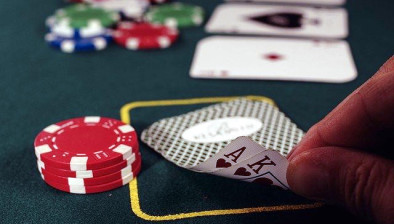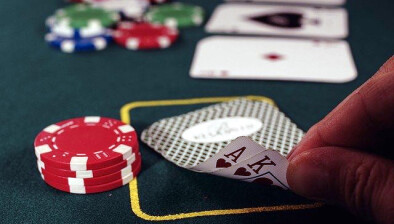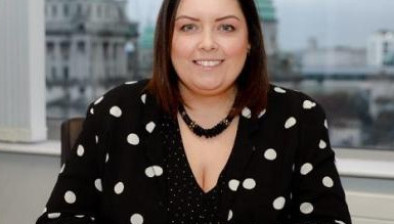Problem gambling more widespread than estimated

More than three per cent of Irish adults have a problem with gambling, according to new research — a figure that is 10 times higher than previous estimates.
Research commissioned as part of the process of establishing Ireland’s new independent statutory gambling regulator has found there are at least 130,000 people in the State whose behaviour can be classed as problem gambling.
A further seven per cent, or 279,000 people, show moderate evidence of problem gambling, while a further 15 per cent or 590,000 people report some problematic experiences or behaviours in relation to gambling.
Researchers also said their study is more likely to have underestimated the prevalence of problem gambling than have overestimated it.
The research also found that people with problem gambling spend an average of more than €1,000 per month on gambling, accounting for 28 per cent of total spending on gambling. Nearly half of the gambling industry’s revenue in Ireland is generated from people experiencing multiple negative effects from gambling.
The study was carried out by the behavioural research unit at the Economic and Social Research Institute (ESRI).
James Browne, the minister of state with responsibility for law reform, said: “The findings of the ESRI’s latest research on problem gambling further underscores the necessity to recognise and meaningfully confront problem gambling and the harms it causes.
“Reform of gambling legislation, licensing and regulation is a priority for the government and my department.
“The Gambling Regulation Bill 2022, is, at its core, a public health measure aimed at protecting citizens from gambling harm, including younger people and those more vulnerable in our communities. The ESRI’s most recent research and the Institute’s literature review on problem gambling, published in June 2023, serve to illustrate the timeliness of the bill and its relevance to today’s society.
“I expect that the Gambling Regulation Bill 2022 will complete its journey through the Oireachtas in the coming months, subject to the cooperation of both Houses.”










